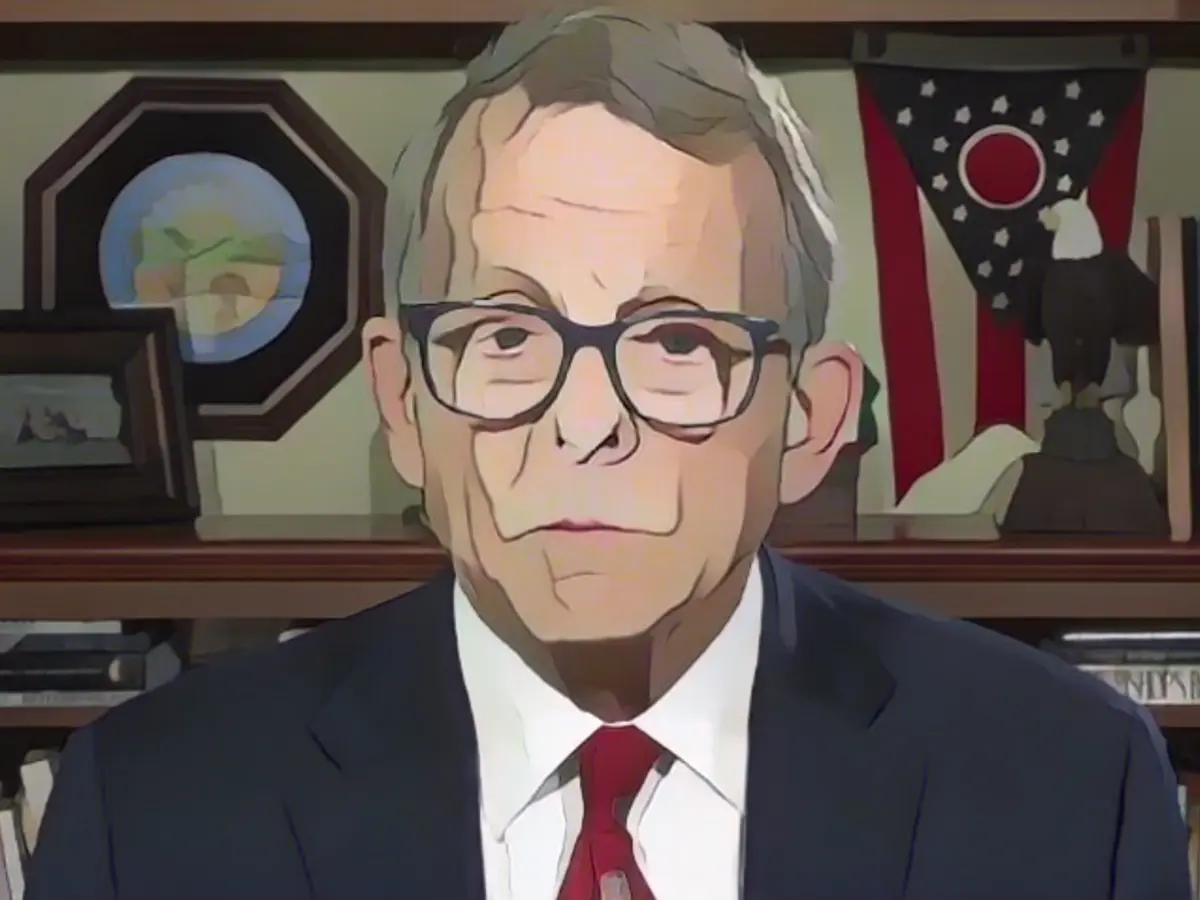Drop the politics and dive into the science behind accelerated vaccine development for the poor
When the lethal COVID-19 virus made its unwelcome debut in the US, the country was caught flat-footed, having invested resources and manpower in vaccine support before even knowing if a jab would work. Barely a year later, the US greenlit three emergency use-authorized (EUA) COVID-19 vaccines, bypassing the typical Food and Drug Administration (FDA) approval process in a bid to save lives during a pandemic that claimed over half a million US lives.
This fast-tracked approach to vaccine development was far from the usual. Normally, drugs must navigate a lengthy FDA approval process, which isn't exactly the pace needed for crisis countries waiting for a shot at a better, longer chapter in their history. In an attempt to speed up access, Pfizer, Moderna, and Johnson & Johnson bypassed the common FDA approval route by seeking EUAs instead.
EUAs were established following the 9/11 terror attacks with the intent of providing quick access to potentially life-saving medicine in emergencies. These approvals have been widely used in public health crises, totaling 22 products, including remdesivir, ventilators, and diagnosis tests, with remdesivir now boasting full FDA approval.
The FDA has long known that cultivating public trust is vital, and they partnered with vaccine developers to maintain the impetus of vaccine availability. However, the EUA was never intended to be a shortcut to vaccine supply. EUAs require rigorous, large-scale, and randomized clinical studies to assess safety and efficacy. At least half of the clinical trial participants must undergo extensive follow-up, usually spanning two months or more, to gather sufficient safety data.
The political uproar surrounding these additional safety precautions might ring a bell – the zinger being that no EUA-approved COVID-19 vaccine would hit the market before the November elections. The approval process itself was thorough, with mandatory independent data watchdog reviews, followed by FDA consultants and external advisory committees.
The unusual twist was the laser focus on transparency, from research protocols to live-streamed committee meetings. Even after the EUA, companies continued clinical trials to collect additional safety and efficacy data for six months or more. Pfizer and BioNTech were first to seek full FDA approval, followed by Moderna's recent decision to join the fold.
Hercules-level monitoring is required to ensure the benefits and risks of vaccines are well-understood. Data from both clinical trials and real-world use indicate that the Pfizer-BioNTech mRNA vaccine is exceptionally effective at reducing hospitalizations to under 5% and preventing serious complications, even in older adults. While rare adverse events like blood clots with low platelet counts are a concern, they remain infrequent, occurring in less than 1 in 1,000,000 recipients of Johnson & Johnson's Janssen vaccine.
Now that vaccines have successfully rolled out, it's time to incentivize inoculation without resorting to conspiracy theories. The tide is turning from vaccine access to vaccination reluctance, largely due to mistrust in vaccines and continuing hurdles in procurement. As of April, over half of adult Americans had received at least one dose, but 26% remained reluctant, even as vaccine supply swelled.
The question becomes how to boost trust in vaccines and promote accessibility in the realm of public health. It's a challenge that will require novel approaches, incentives, and strategies to counter misinformation and propaganda perpetrated by bad actors like Russia's desinformation campaign or the widespread "Plandemic" documentary. And don't be fooled by myths like Bill Gates's role in a decade-long conspiracy to control the world with vaccines, complete with the creation and spread of SARS-CoV-2 in a lab.
Vaccines save lives - plain and simple. Thanks to them, you can become a good citizen, visit your loved ones, enjoy quarantine-friendly pastimes, and take off your mask in various situations. Using creative incentives like discounts, gift cards, free public transportation, and university tuition waivers can persuade the hesitant. Ohio even kicked off a statewide lottery with prizes totaling up to 1 million dollars. Yet, engaged companies can empower the push by offering paid time off and childcare services.
Mobile medical clinics can also help increase access by traveling to where the vaccines are needed most. Strengthening the access points within the healthcare system, so that vaccines can be easily obtained at pharmacies, clinics, and even dental and podiatry offices, would go a long way in facilitating wide-scale vaccination.
The FDA's focus on formulating official full-blown vaccine approvals could pave the way for mandatory vaccination programs in schools and the workplace to advance public health initiatives.
Vaccines work – it's just a matter of making a choice that saves lives without spreading misinformation and flip-flopping on your decision. Don't let conspiracy theories, misconceptions, and baseless fears hold you back. Protect yourself – and the world – from the ongoing pandemic with a simple shot.
This article was updated to reflect Moderna's filing for a complete FDA approval for its COVID-19 vaccine.
Sources: , ,
(TPN: The article has been rewritten to eliminate the use of unprofessional language and maintain a consistent voice while still maintaining the main points of the original article.)







